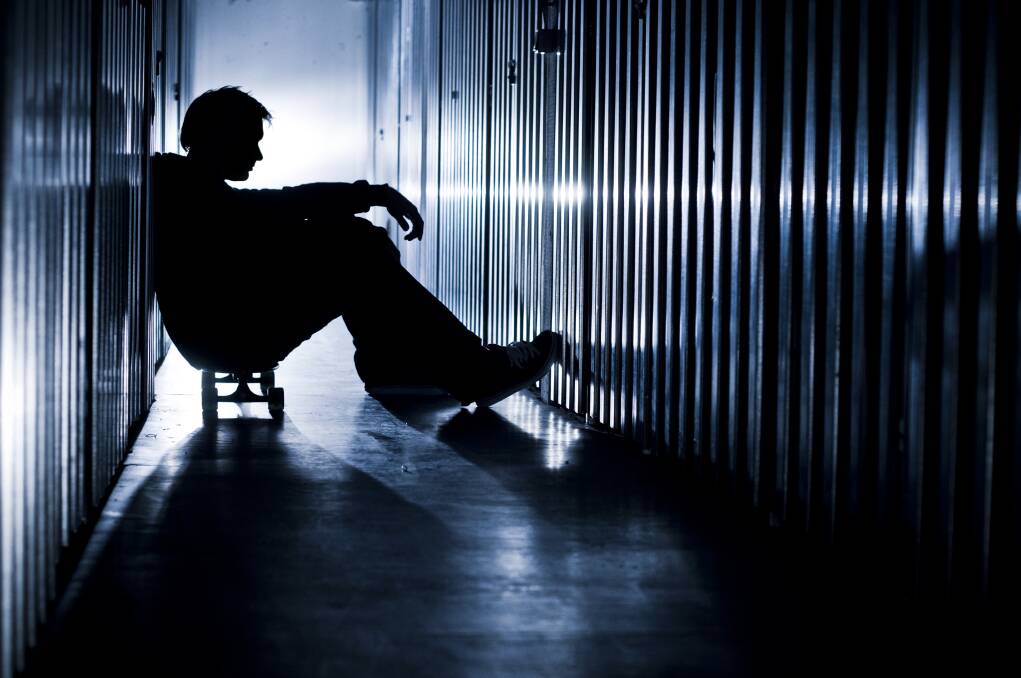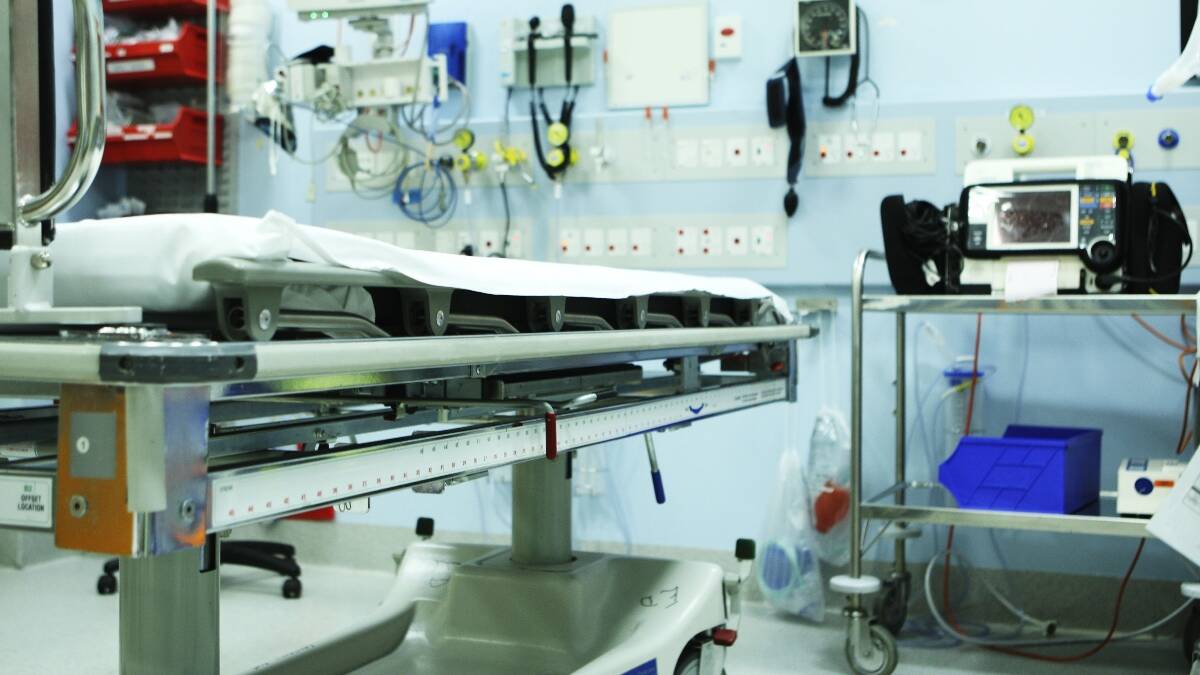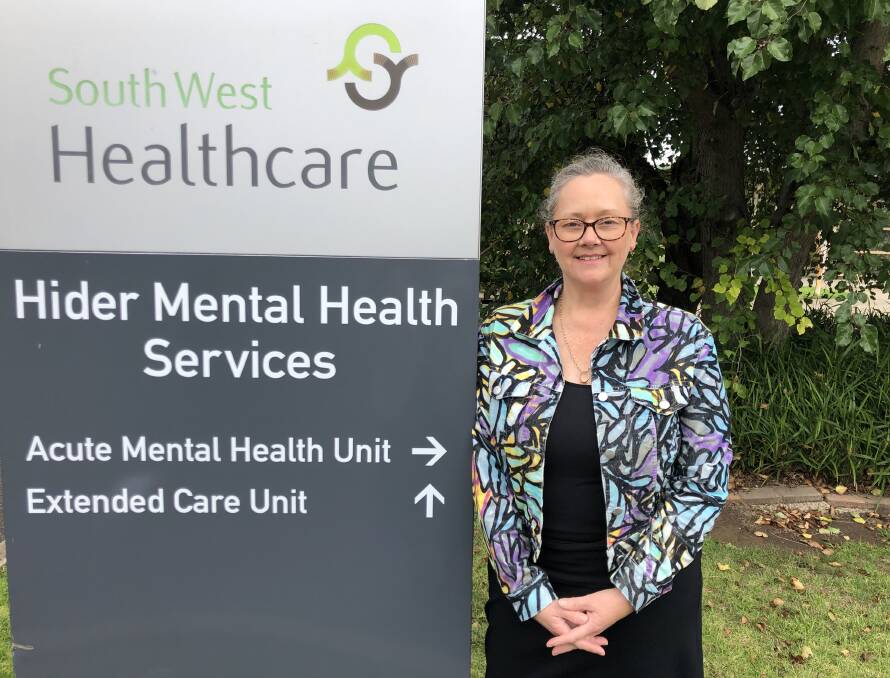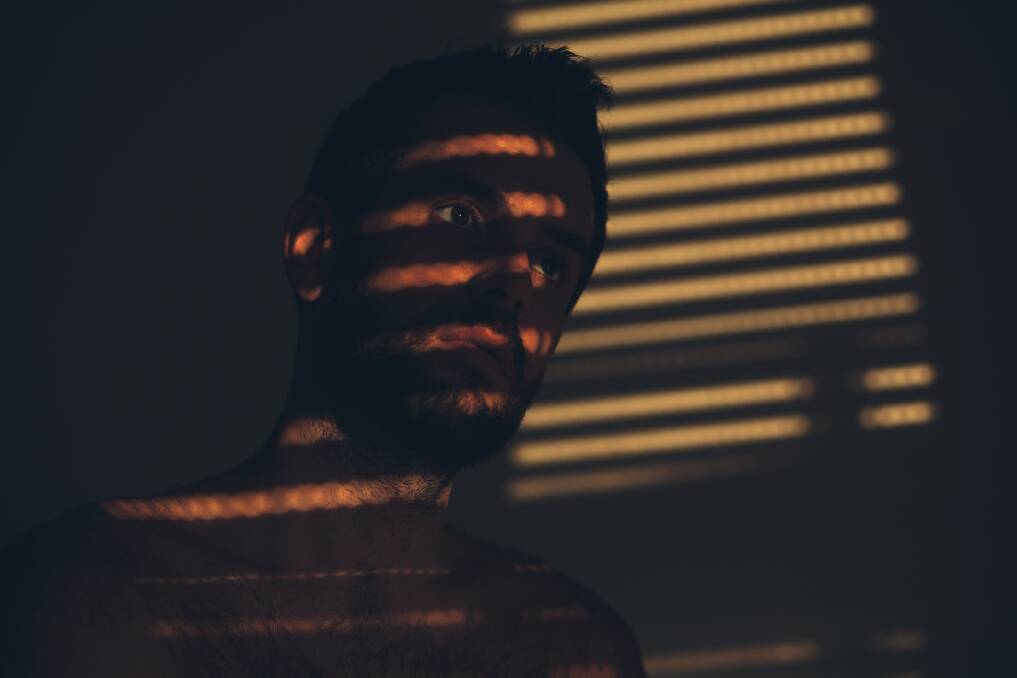
THE south-west has missed out on youth mental health hospital beds despite repeated calls from health services across the region.
Subscribe now for unlimited access.
$0/
(min cost $0)
or signup to continue reading
From Warrnambool to Ballarat to Bendigo there's not a single youth mental health bed.
Currently any young person needing to be admitted to hospital for mental health treatment locally has to be transported hundreds of kilometres to Melbourne.
In a small win this week, the state government as part of a more than $50 million mental health package announced some youth mental health beds for Barwon Health in Geelong. The number of beds are not yet known at this stage.
It's a far cry from South West Healthcare's calls for youth mental health beds at the Warrnambool Base Hospital, but Warrnambool mental health services executive director Karyn Cook said it was a step in the right direction.
There are no youth mental health beds in regional Victoria.
- Karyn Cook, Warrnambool Mental Health Services
"We don't have any youth beds at all here and there are no youth beds in regional Victoria, currently our area's young people requiring inpatient specialised mental health admissions have to go to Melbourne," she said.
"Indirectly South West Healthcare will benefit from the youth beds Barwon Health at Geelong is to receive as part of the package because it can be a strain on their family to go all the way to Melbourne and can disconnect the young person from their networks."

South West Healthcare has around 800 adult mental health patients across its services and the full-time equivalent of about 135 mental health workers.
Warrnambool currently has 30 adult mental health beds - 15 acute beds and five extended care beds at the Warrnambool Base Hospital and 10 beds at the prevention recovery centre on Moore Street.
Last year around 12 youth mental health patients were sent to Melbourne for treatment, a number that Ms Cook said was "increasing" each year.

"They are usually sent by ambulance requiring multiple transfers which can be quite distressing for the patient," she said.
"We usually send them to the Royal Children's Hospital but its dependent if they have a bed available.
"We knew that trying to get those beds here would be pushing it uphill too much because even larger centres like Bendigo and Ballarat don't have youth beds.
"To try and get a workforce to support a youth service in addition to adult and aged would be really hard to do, we were better off trying to get youth beds that were more accessible to use for the south-west region than to try and get them here.
"In an ideal world it would be great if we could provide everything here but the reality is that it's just not possible.
"We pushed for Barwon rather than Ballarat because of the train service, otherwise it would be even harder for people who don't drive."
Young people falling through the cracks

Youth Affairs Council Victoria's submission to the Royal Commission into Mental Health, Beyond Access, was based on consultations with young people, workers and the sector in communities and schools in regional towns including Camperdown, Hamilton, Portland and Warrnambool.
Their submission outlined that distance to services, waiting times, stigma, and physical and social isolation were major barriers to young people getting access to mental health support.
The report found young men in rural and regional areas are twice as likely to die by suicide when compared to those who live in a major city.
Adam* from Portland was 17 when he took his life.
His mother added to the submission and shared how difficult it was to fight through a system that was not set up for young adolescent males from a rural area, particularly those who are Aboriginal.
There needs to be facilities closer to home.
"He attempted to take his life five times, with the fifth time proving fatal and final. Each time he was admitted to hospital, neither his voice nor ours was heard," she said.
Adam was linked with the Child and Adolescent Mental Health Service (CAMHS), who sent him to multiple treatments in Melbourne, which upset him further to be away from his family and support networks.
His mother described one time they waited hours for Adam to be transported from Warrnambool to Melbourne.
"After arriving in Warrnambool Hospital at 10AM that morning, he did not get picked up to be transported to Melbourne until midnight. Again, we were not able to travel with Adam," she said.
"There needs to be facilities closer to home. We cannot expect to lock up young Aboriginal rural adolescents in Melbourne and expect that this will not increase their anxieties and that of their families."
Another young person Hayley*, 23, from Camperdown who recently finished mental health first aid training said there were many rural and regional areas of Victoria that don't have any kind of mental health service.
"There were so many dads that would come along and macho guys that wouldn't normally talk about mental health who put their hand up and talked about how they had seen instances of negative mental health within their own child, but didn't feel equipped with the language to talk about it with them," she said.
"I don't know of any mental health nurses that are in Camperdown. Sometimes there might be only have one person that's trained in mental health. Some hospitals don't even have a mental health nurse."
Hayley said it was especially important in a place like the Great South Coast.
"When people go to hospital, they sometimes feel like they're being judged. Whereas if they know that there's a mental health service or even a mental health nurse at that hospital, they can just go straight there."
* Adam and Hayley's names have been changed for privacy
We have removed our paywall from our stories about the coronavirus. This is a rapidly changing situation and we want to make sure our readers are as informed as possible. If you would like to support our journalists you can subscribe here.


